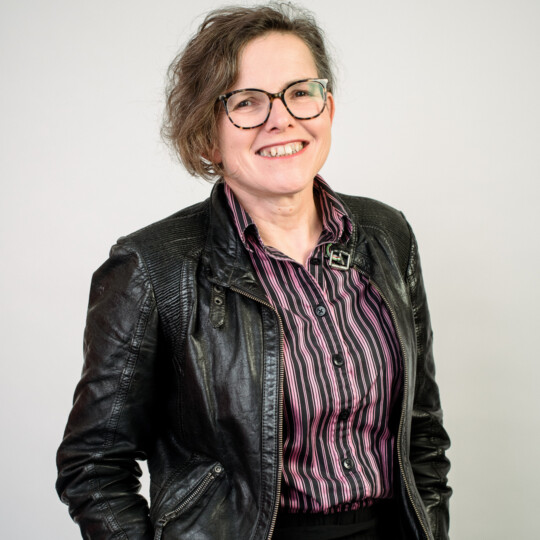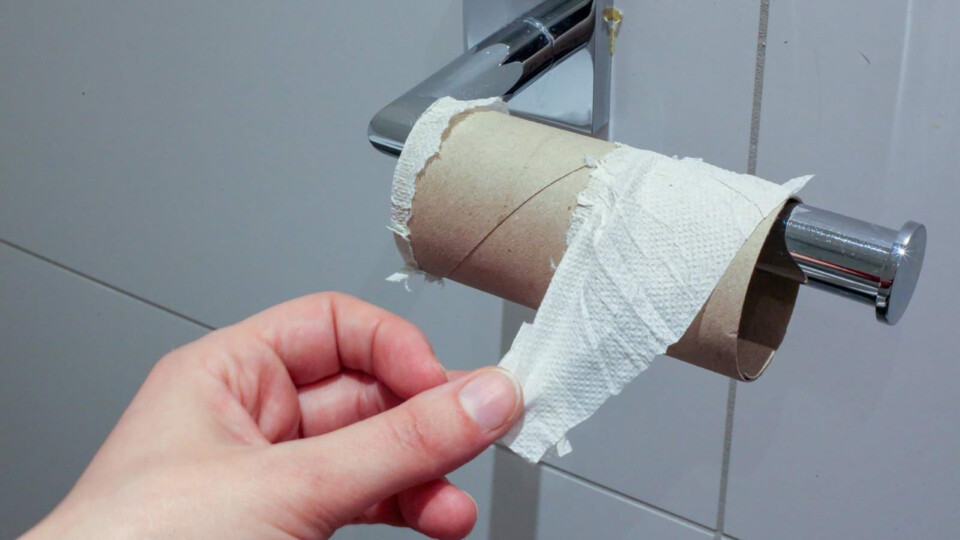Research shows over two thirds of pupils avoid using the toilet at school amid fears about safety and dirty and inadequate facilities
Pupils working with academics to address problems with school toilets
A ground-breaking research project, Toilet Talk, is supporting school pupils to explore issues with school toilets and work with their schools to drive change.
Pupil toilets are known as a problematic space in many schools and were the subject of several pupil and parent protests in the UK in 2023.
This year, the Toilet Talk project, led by York St John University intended to explore and reshape how school policies are developed by directly involving students in addressing long-standing issues with school toilet facilities. This research is published in the journal Gender and Education Toilet talk: using a students as researchers approach to problematize and co-construct school toilet policy and practice.
Toilet Talk surveys have found:
- 67% of pupils avoiding using the school toilets
- In the parent survey of over two hundred parents, 50% reported that their child had avoided drinking so they would not need the toilet at school
- Evidence of overcrowding and misuse of toilets as social spaces making others too uncomfortable to use the toilet
- 48% of pupils did not think there were enough clean sanitary bins within the school toilets
- 70% of respondents thought hooks on toilet doors would save pupils putting their bags and coats down on unsanitary floors
Dr Charlotte Haines Lyon, Associate Professor in Education at York St John University, is the lead researcher on the project. She said: “School toilets have long been a source of discomfort and discrimination, with policies that inadvertently reinforce social inequities.
“By involving students directly in this research, we aim to challenge these norms and work towards creating school environments that are safe and inclusive for all.”

Toilet Talk places students at the forefront, empowering them to gather data and testimonials from their school peers. The pupils’ evidence-gathering is then used with their schools to co-create more equitable and socially just policies.
Dr Haines Lyon and researcher Alice Little worked with young people at three schools in South and West Yorkshire. Projects were designed to investigate the complex challenges associated with school toilets, including the lack of accessibility, safety, and privacy. The work examined who can use school toilets as intended and how existing policies can marginalise students—particularly those who are disabled, menstruating, transgender, or gender diverse.
Alice worked with the student researchers to build projects that were unique to each school, looking at the specific issues that young people highlighted. Over two school terms each group gathered evidence, analysed findings, and created content to share within schools. Parents and teachers were also given the chance to have their say via online surveys.
The aim was to build stronger relationships between students and staff, ultimately leading to more effective and socially just school policies. Student researchers were able to use their survey findings to present recommendations to senior leadership teams. For example, by sharing pupils’ embarrassment about asking for period products at the reception desk, they were able to work with school leaders to get sanitary products provided in the toilets.
Alice Little, Research Assistant in the Institute for Social Justice at York St John University said: ‘The student researchers all had so many valuable insights about their toilet experiences within the schools, and they were keen to broaden discussion and encourage more considerate use of the toilet spaces.
“They identified issues that as adults we might ordinarily overlook and they were able to talk about the needs of all pupils clearly and confidently when presenting at York St John. One school has just approved new bins and locks for the toilets as a result.”
The project has developed over two school years, including student researchers in primary schools from 8 years old, up to sixth form students about to turn 18.
Student researcher Oscar explained why he got involved: “I joined Toilet Talk because I have always felt that the quality of school toilets is below adequacy – I believed that through Toilet Talk, we would be able to make meaningful change to our Sixth Form, lower school, and schools across the country. I also felt that the research aspect would be quite interesting, i.e., looking at statistics from peers etc. I was interested in seeing if my opinions on the toilets in and around Sixth Form were shared among peers.”
“The true success of this project lies not in immediate policy changes but in the empowerment of students as agents of change,” Dr Haines Lyon added. “Our student researchers have shown remarkable resilience in advocating for their rights. This is just the beginning of a much larger conversation about social justice in education.”

